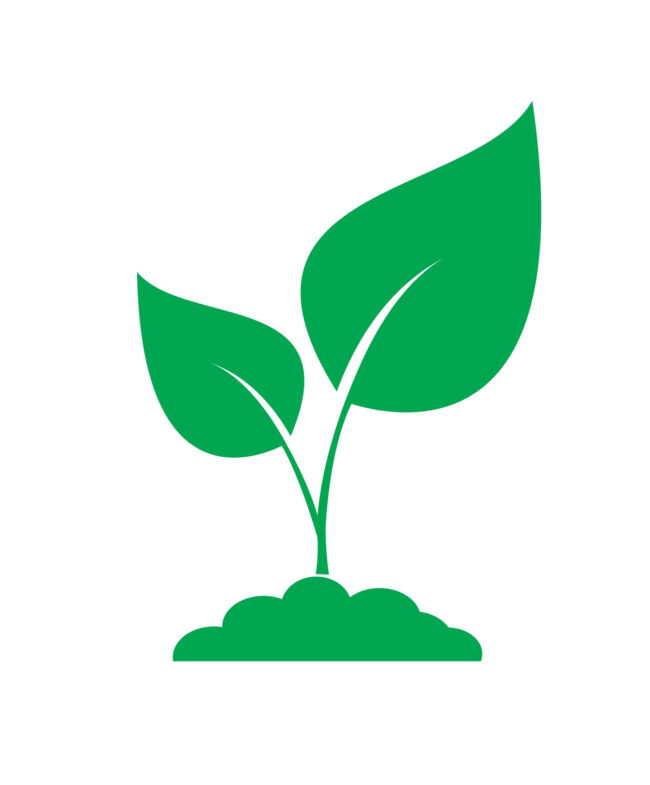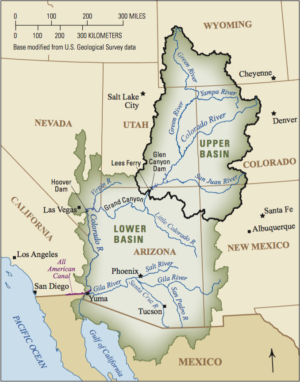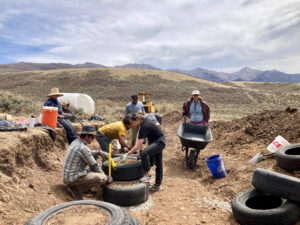
“I LOVE THIS MEETING. IT’S THE BEST PART OF MY WEEK,” a participant confessed at a Peer Empowered Recovery Community Solutions (PERCS) All Recovery Meeting. Ten people filled the basement of the Salida United Methodist Church on a Monday evening in June. Andy Panter, co-founder and organizer of the All Recovery Meeting and a PERCS Peer Recovery Coach, introduced himself and quickly set the tone: “This meeting is a safe place that honors all pathways to recovery and is not associated with Narcotics Anonymous, Alcoholics Anonymous or any established group or method. If what someone says is triggering, say the word ‘Ouch,’ and we’ll address it.”
Participants, many of whom have attended the meeting since its inception in early May, introduced themselves. The array of ages, addictions and intentions is clear: One participant is in his mid-20s and 40 days sober from methamphetamines, another participant disclosed they’re 15 years in recovery from alcohol, another is simply curious, and another participant is there as a supporter.
Creating a non-judgemental, caring and open environment “to recover out loud” in the community is particularly important to Panter. Born and raised in Salida, Panter started partying around 12 years old. “Alcohol, for me, was certainly my gateway drug. I find it interesting that marijuana is often considered the gateway drug. From my experience, I disagree,” he said. When he was 17, he got into trouble for an alcohol-related incident. “The District Attorney at the time told me I was worthless and I was never going to amount to anything.”
Panter spent 16 years addicted to alcohol and drugs. After receiving a felony charge for distributing, Panter was placed in Chaffee County’s Adult Treatment Court. “The program changed my life. Judge Patrick Murphy (11th Judicial District Judge) is compassionate and caring,” Panter said. While in the program, he told his jail mates he wasn’t coming back — he was changing his life. The turning point for Panter came when he called his mother and told her where all of his drugs and paraphernalia were and to throw them out. “That was a hard day for me and for my mother,” he said.
This October Panter will be a “person in recovery” for five years. He doesn’t think the labels of “addict” and “alcoholic” are viable. “You’re reducing yourself to those terms as though you’re powerless, less than and full of shame,” he said.
For Panter, recovery means his relationships are stronger than ever. In addition to working for PERCS, Panter has worked for his father’s 50-year-old Salida business, Intermountain Overhead Door Service, for 15 years. He said his relationship with his father and mother is strong. “I have regular conversations with those I love. There’s trust, and I’m not begging for money.”
When he mentioned his two-year-old daughter, Panter visibly lit up. “I’m present with her every moment and watching her bloom is amazing. I’m not hiding my recovery from my daughter. She will grow up knowing what recovery and a better life looks like.”
Panter started the All Recovery meeting with fellow PERCS Recovery Coach Nikki Ray to provide an option for folks to discuss their recovery with no strict rules, shame or stigma. An alternative to religious-based programs like NA and AA, All Recovery is meant to provide “support with like-minded” people where a weekly topic is discussed and expanded upon.
For the early June meeting, Ray suggested the topic of self-care. One emotional participant explained her need to set boundaries with former friends who don’t respect her new lifestyle and who are rather toxic for her. “It’s lonely trying to find those relationships that aren’t based on drinking,” she said.
The group provided advice: “It is your island, and sometimes it’s better for you not to let them on.”
Another participant discussed her relationship with her brother who is currently struggling with drugs and addiction. At age 18, she lost her father. At age 20, she lost her mother. She shared her experience of feeling the responsibility of her brother, especially being all he has left. She recently bailed him out of jail, paid his bills and provided him with money.
In offering support, a fellow participant said, “I know this is hard. I’ve been there. It’s more love to say no than to enable.”
The vulnerability and support radiated from the church basement, but not everyone was comfortable with my presence, as the writer. One participant advised Panter to rethink sharing the content of the meeting. “What if it doesn’t work?” the participant asked.
Panter made it clear that the All Recovery meeting is an alternative to help folks “recover out loud” and to explore all pathways to recovery. NA and AA work for some — but not for everyone, he said.
There are alternatives to The Big Book. Books like This Naked Mind: Control Alcohol, Find Freedom, Discover Happiness and Change Your Life by Annie Grace, Quit Like a Woman: The Radical Choice to not Drink in a Culture Obsessed with Alcohol by Holy Whitaker and We are the Luckiest: The Surprising Magic of a Sober Life by Laura McKowen explore the growing conversation about being sober curious, alcohol’s role and the marketing of it in society, and cognitive dissonance and how our subconscious and conscious minds work in terms of addiction.
“In the last few years, I’ve taken the best care of myself,” Panter said. “I’m recovering out loud with no shame; it’s a bettering of life. Our little community is bettering itself too. The more I talk about it, the more I find people who share my experience.”
The PERCS All Recovery Meeting is held every Monday at 6 p.m. at the Salida United Methodist Church basement. Information is also posted on the PERCS All Recovery Meeting —Chaffee County Facebook page.
Audrey recently came across this quote and thought it fitting: “People have a fundamental need for transformation. We are wired for growth and healing.” — Fosha



